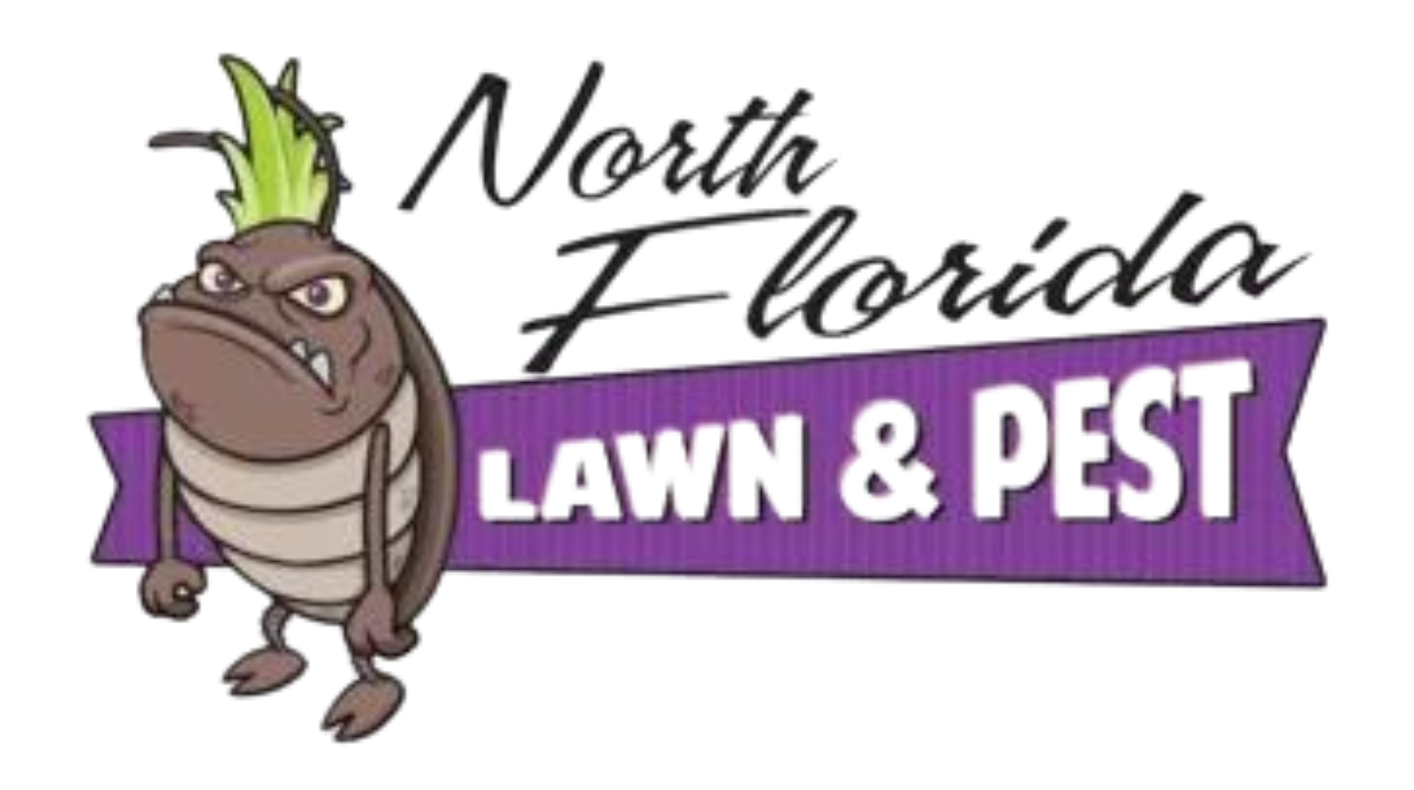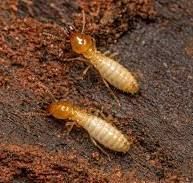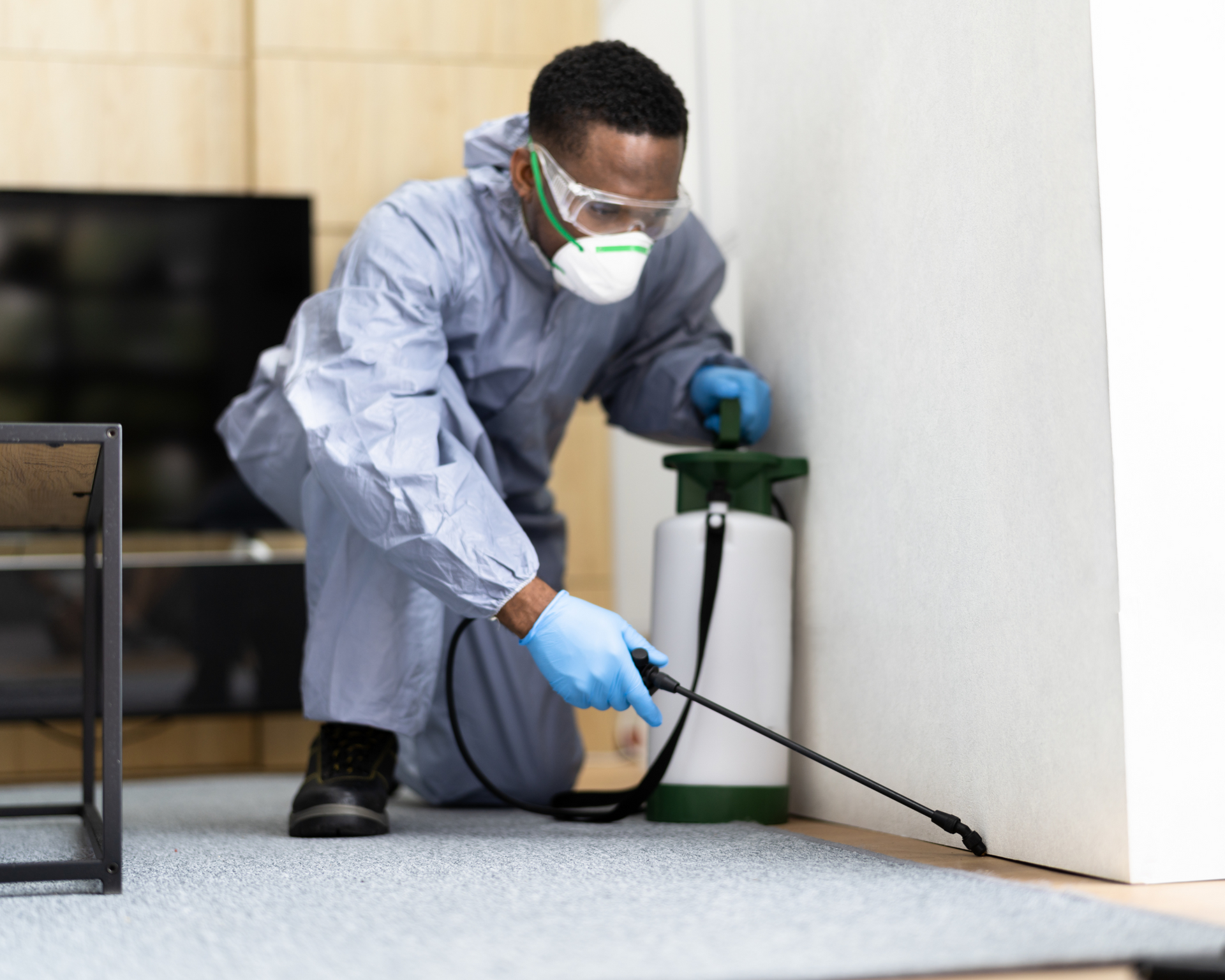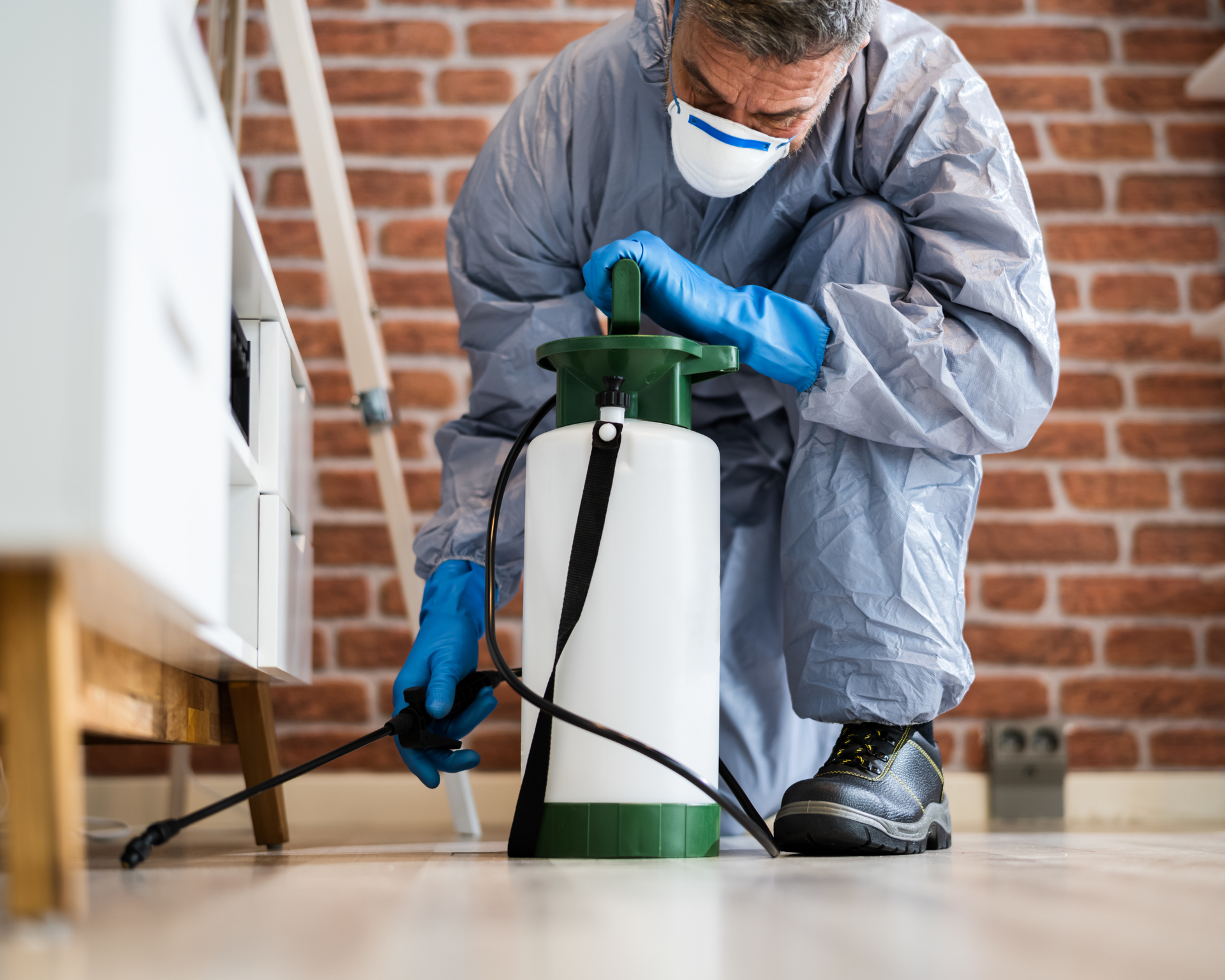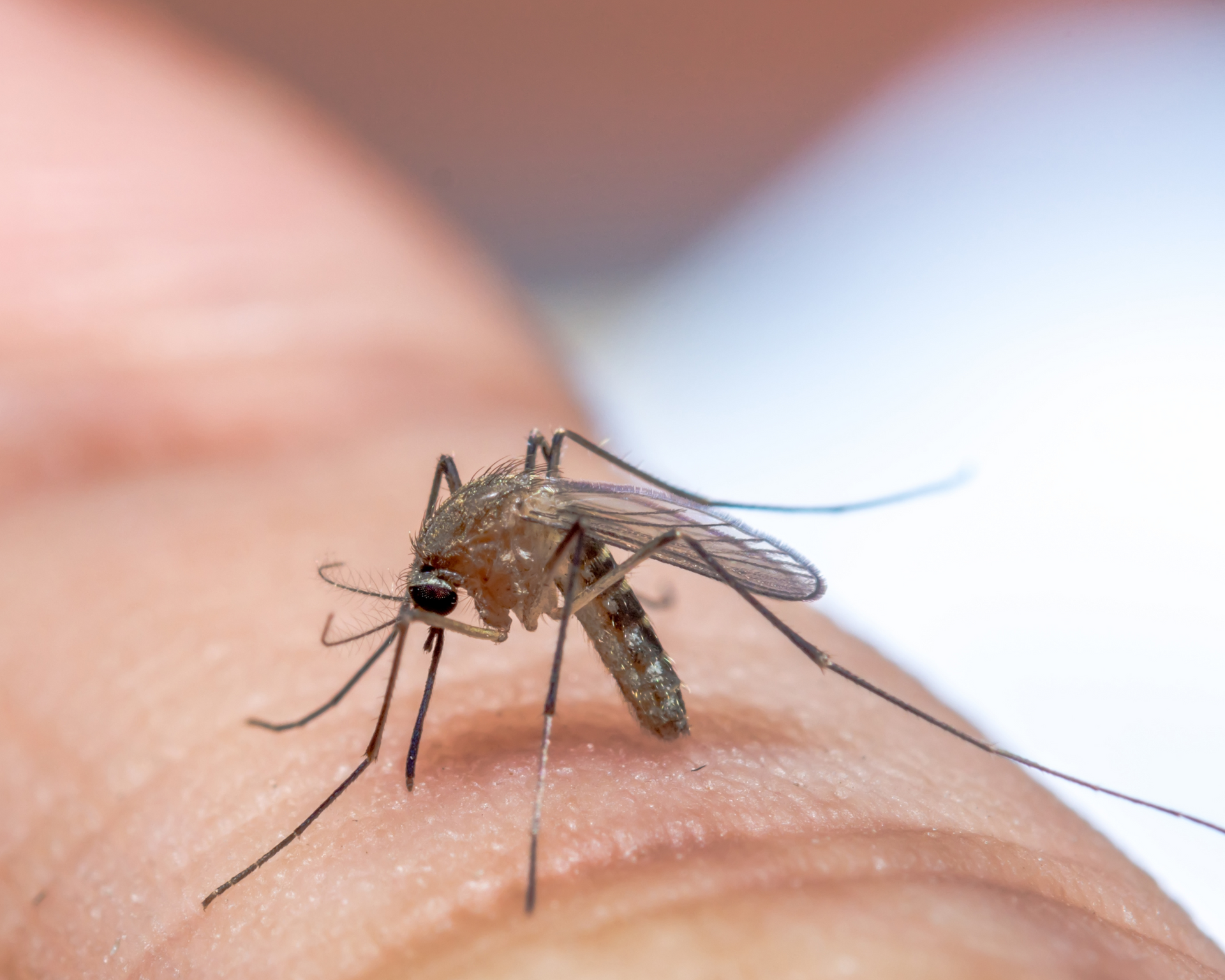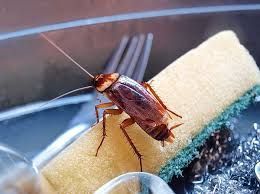How Can You Keep Your Backyard Free from Pests?
7 Key Tips and Tricks to Lock Out Pest Out of Your Backyard
A backyard can be a fun place to play, relax, and spend time with friends and family. But if pests move in, they can make your outdoor space less pleasant. Bugs, rodents, and other critters might damage your plants or even carry diseases. Thankfully, with the help of professional pest control services you can protect your backyard from these unwanted creatures.
Protect Your Backyard from Pests the Right Way
Keeping pests away from your backyard is not just about comfort—it’s also about maintaining a healthy outdoor space. Pests can carry diseases, damage plants, and make it difficult to enjoy your yard. The key to effective pest control is prevention. By making small changes and staying proactive, you can create an environment that naturally discourages unwanted visitors.
Now, let’s look at the best ways to keep your backyard pest-free.

1. Keep Your Yard Clean
A clean backyard is a pest-free backyard. Rodents, ants, and other unwanted visitors often look for places where they can find food and water. When you leave trash outside or forget to pick up fallen fruit, you might be inviting pests to move in.
- Pick up trash right away: Make sure you have a covered trash bin so that pests cannot get inside. Empty it often to keep smells from building up.
- Remove fallen leaves and fruit: These can provide food for bugs and other creatures. Rake leaves and pick up fruit once they fall from trees.
- Store pet food inside: If you have a dog, cat, or other pet, keep their food indoors. Pests often come looking for easy snacks.
2. Get Rid of Standing Water
Mosquitoes love to lay their eggs in still or standing water. Even a small puddle can become home to many mosquito larvae. To keep mosquitoes away, make sure your yard has no standing water.
- Check for puddles after rain: Look around your yard for areas where water gathers. If you have low spots, fill them with soil or sand.
- Empty containers: Buckets, flowerpots, and toys can hold water. Turn them upside down or put them in the garage when not in use.
- Clean birdbaths and fountains: Birdbaths and fountains are pretty, but they can attract mosquitoes. Clean them once a week and refill with fresh water.
3. Trim Trees and Bushes
Overgrown shrubs and trees can give pests a place to hide. Snakes, rats, and bugs often use thick bushes or tangled branches to stay safe from humans and other animals. By keeping your plants neat, you make it harder for pests to settle.
- Trim branches that touch your house: If a tree branch is right against your home, it can act like a bridge for pests. Cut it back so there is a gap of at least a few feet.
- Keep grass short: Tall grass can hide insects and small animals. Mow your lawn often so that it stays at a healthy height.
- Prune your plants: Remove any dead or diseased parts of plants so insects do not have a place to feed or build nests.
4. Use Natural Helpers
Sometimes the best way to fight pests is by letting nature do the work for you. Certain animals and insects are good at keeping pest numbers down.
- Welcome birds: Many birds eat insects and can help keep your yard free of bugs like mosquitoes, beetles, and caterpillars. Adding a birdhouse or bird feeder can encourage them to visit.
- Plant flowers that attract helpful insects: Bees, ladybugs, and lacewings help pollinate plants and eat harmful insects like aphids. Marigolds, sunflowers, and daisies can bring these helpers to your yard.
- Keep frogs and toads around: A small pond or water feature might draw frogs and toads. These creatures eat many pests, including flies and mosquitoes.
5. Plant Pest-Repelling Herbs
Certain plants smell wonderful to people but are not so nice to pests. By growing them around your yard, you can help keep bugs away. These herbs are also handy in the kitchen!
- Basil: This herb keeps flies and mosquitoes away, and it tastes great in salads or sauces.
- Rosemary: Many bugs do not like the scent of rosemary. You can also use its leaves to flavor chicken or potatoes.
- Mint: Mint smells fresh and keeps ants and spiders at bay. It can grow quickly, so think about planting it in a pot or container.
- Lavender: While people enjoy its scent, moths, fleas, and mosquitoes do not. You can place lavender near windows or doors.
6. Seal Cracks and Holes
Even if your yard is tidy, pests can sneak into your home if there are cracks or holes. Sealing these entry points will help keep bugs and rodents out of both your house and your backyard.
- Check windows and doors: Make sure screens do not have tears. If you see gaps around windows and doors, use weather stripping or sealant.
- Inspect walls and foundations: Look for cracks in brick or cement. Fill them in so mice and insects cannot slip inside.
- Seal openings around pipes: Pests can enter through tiny gaps where pipes or cables go into your home. Caulk or foam sealant can fix these spaces.
7. Try Safe Pest Control Products
If you still have pest problems, you can look for safe and natural pest control products. Many garden centers and home stores offer traps, sprays, and powders that are not as harmful as harsh chemicals.
- Read labels carefully: Use products made to target specific pests. Follow the instructions so you do not harm helpful insects, plants, or pets.
- Use traps: Sticky traps or humane mouse traps can help you catch pests without using strong poisons.
- Avoid harsh chemicals: These can hurt other animals and even damage the soil. Natural options, like certain sprays made from essential oils, can often do the trick without harming the environment.
Want To Learn More? Contact Us
Preventing a pest problem starts with early detection. Some infestations can escalate quickly, turning your backyard into a breeding ground for unwanted guests. By recognizing the signs early, you can take swift action to keep your outdoor space pest-free.
A sudden increase in cockroaches, rodents, or termites often means pests are multiplying fast. Strange noises like scratching in walls or buzzing in attics could indicate hidden infestations. Structural damage, such as gnawed wires or hollow wood, is another red flag that pests may be causing serious harm.
Unpleasant odors, like the smell of rodent urine or decaying pests, can signal a problem. If you or your family experience unexplained bites, skin irritation, or allergy symptoms, pests like fleas, mites, or bed bugs might be the cause. Pets scratching excessively or family members with respiratory issues can also point to an infestation.
Some infestations are especially dangerous, like wasp nests, venomous spiders, or aggressive rodents. If you notice these signs, don’t wait for the problem to worse Contact us today for fast, professional pest control services. .
Our Additional Posts On Pest Control
Copyright © 2024 - St Augustine Pest Control by NFLP All Rights Reserved
